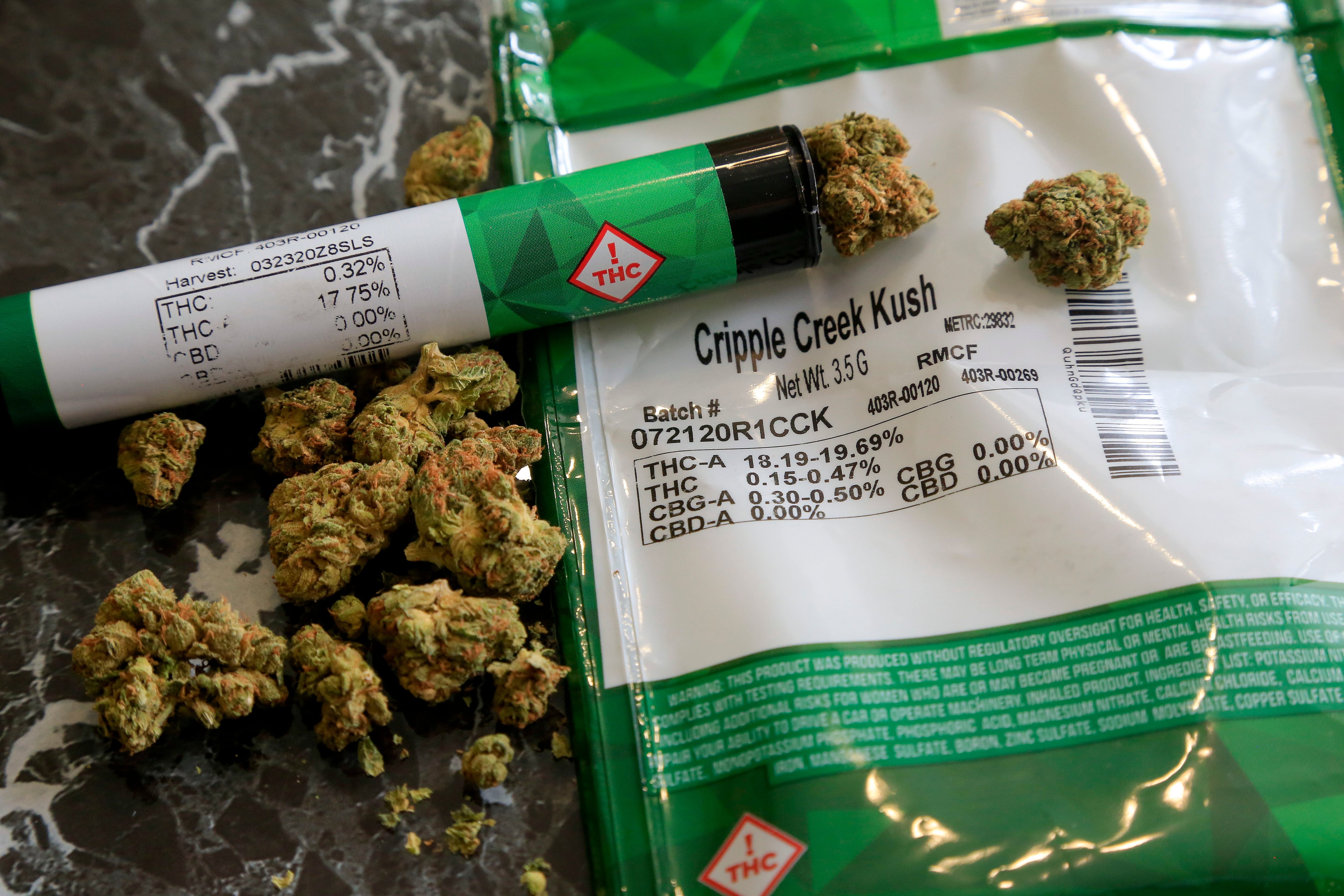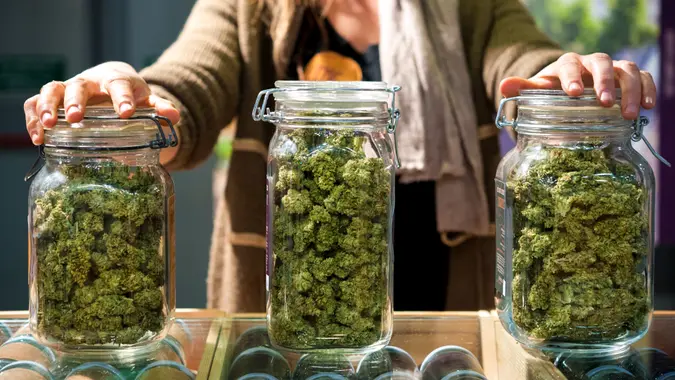The Evolving Landscape of the Cannabis Industry
The cannabis industry has undergone a remarkable transformation over the past few years, transitioning from a heavily stigmatized and illicit market to a rapidly expanding legitimate sector. With growing acceptance and legalization efforts taking place across the globe, the current state of the cannabis industry is one of dynamic change and immense potential. In this article, we will delve into the various facets of the industry, exploring its economic impact, regulatory developments, emerging trends, and potential challenges.

The economic impact of the cannabis industry cannot be overstated. As more regions move toward legalization, a significant influx of investment, job creation, and tax revenue has ensued. In the United States, for instance, states like California, Colorado, and Washington have witnessed substantial revenue generation from both medical and recreational cannabis sales. This revenue has been channeled into areas such as education, healthcare, and infrastructure development, benefiting local communities.

Denver Colorado 8 years after positive impact of cannabis legalization
Regulatory changes play a pivotal role in shaping the cannabis industry's trajectory. The gradual dismantling of decades-old taboos has prompted governments to reconsider their approach to cannabis, resulting in a diverse range of regulatory models. Countries like Canada and Uruguay have adopted a comprehensive framework for legal cannabis production, distribution, and consumption. In the United States, a state-by-state approach has led to a patchwork of regulations, with some states allowing both medical and recreational use, while others maintain strict prohibitions.
Several notable trends have emerged within the cannabis industry, reflecting its maturation and adaptation to consumer preferences. One prominent trend is the rise of cannabis-derived products beyond traditional consumption methods. Cannabidiol (CBD), a non-psychoactive compound found in cannabis, has gained widespread popularity for its potential wellness benefits. CBD-infused products, such as oils, topicals, and edibles, have gained traction in both medical and recreational markets.

Furthermore, advancements in cultivation techniques have led to the development of high-quality strains with specific cannabinoid and terpene profiles, catering to a range of consumer needs. Microdosing, precision dosing, and strain-specific products are becoming more prevalent, allowing consumers to fine-tune their cannabis experience.

Despite its promising trajectory, the cannabis industry still faces several challenges. One of the primary concerns is the lack of standardized testing and labeling regulations. Inconsistencies in potency and quality can impact consumer safety and overall trust in the industry. Additionally, the banking and financial services sector remains cautious about engaging with cannabis-related businesses due to conflicting federal and state laws in the United States, leading to difficulties in accessing banking services and hindering the growth of these businesses.
Furthermore, social equity and inclusion remain critical issues within the industry. As the market expands, it is essential to address the historical injustices associated with cannabis prohibition, ensuring that marginalized communities have a fair opportunity to participate and benefit from the growing market.

The current state of the cannabis industry is a testament to the power of shifting public opinion and the potential for economic growth through responsible regulation. As cannabis continues to shed its historical stigma, the industry's growth trajectory is likely to remain upward. However, addressing regulatory challenges, ensuring product quality and safety, and prioritizing social equity are pivotal for sustaining a thriving and inclusive cannabis market. With ongoing research, evolving consumer preferences, and continued collaboration between industry stakeholders and regulators, the cannabis industry is poised to realize its full potential in the years to come.

